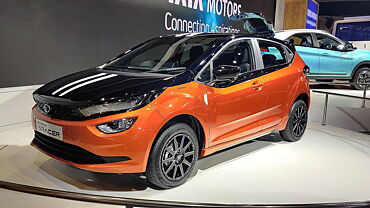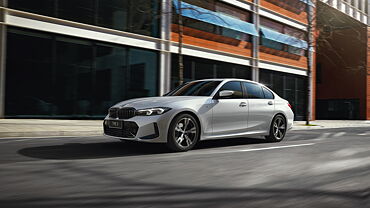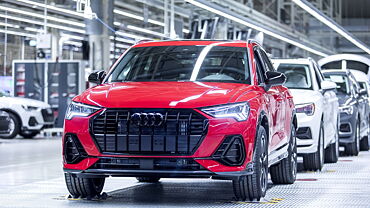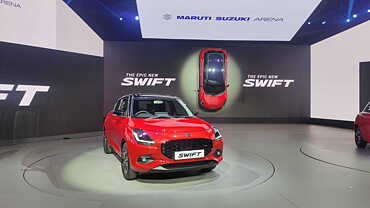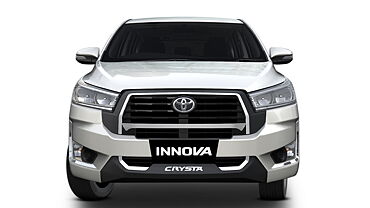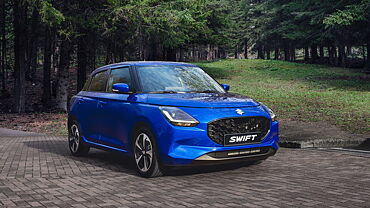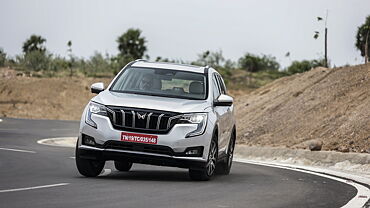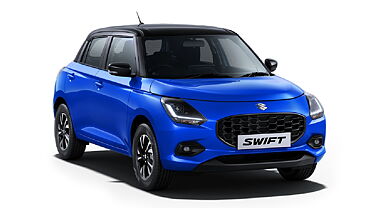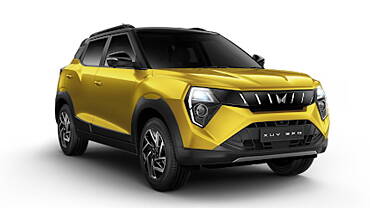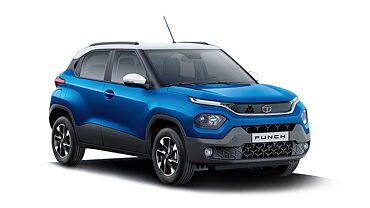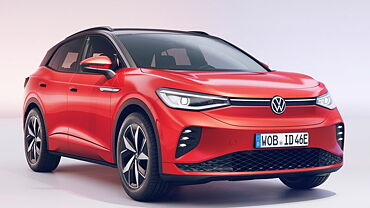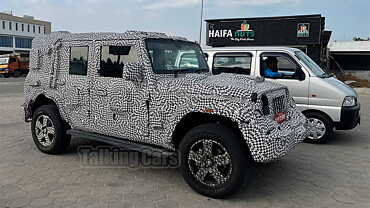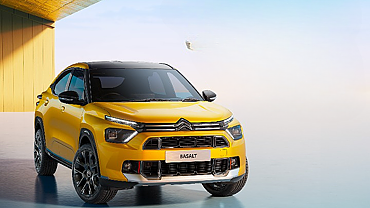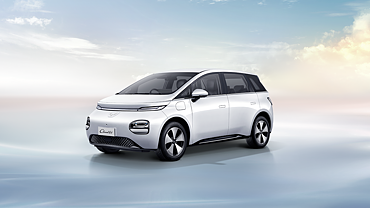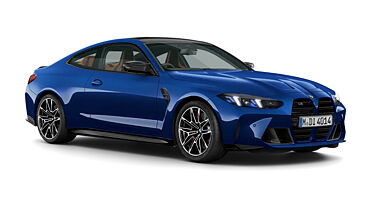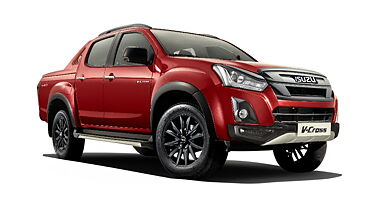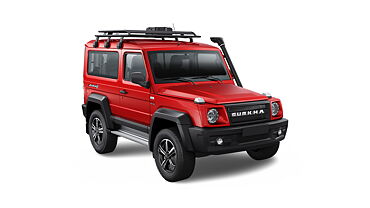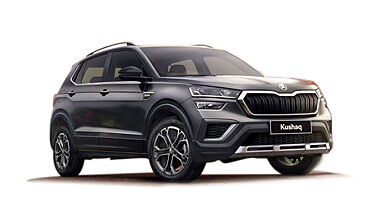Petrol prices have been frequently revised since 2010 and the fuel now costs Rs. 73.14, marking a record high. However, diesel prices have remained on the lower side. The disparity of Rs. 25 per litre in the prices of both the fuels has shifted the inclination of buyers from petrol cars to those running on diesel or CNG. Thus, it is necessary to adopt a well-thought out approach to determine the best option among petrol, diesel and CNG cars.
Since diesel powertrains completely combust the fuel themselves, they have a much higher compression ratio, unlike petrol powertrains, which requires external ignition through spark plugs. Due to this, diesel units deliver compression ratio between 12:1 and 25:1, against compression ratios of 8:1 to 12:1 for petrol powertrains. Petrol units are capable of delivering more power, which means they are capable of clocking higher speeds, unlike diesel, which struggles at higher speeds. However, petrol units do not deliver well in terms of torque due to lower compression ratio and, hence, have lower acceleration. Conversely, diesel engines have higher torque owing to higher compression ratio and offer better acceleration. With the advancements in technologies, diesel is now cleaner too, with 15 per cent lesser emissions against petrol.
Diesel has always been cheaper than the petrol, while the difference between diesel and CNG has lessened in recent times. Unlike diesel, the price of CNG has gone up quite frequently over the last two years. At present, the price of CNG is Rs. 35.45 per kg against Rs. 18 per kg in the beginning of 2010, an astonishing 97% growth. Diesel costs Rs. 40.75 per litre compared to Rs. 30.48 in 2012, an increase of 34%.
The favourite of Indian customers for half a decade, CNG has lost its sheen due to higher price. According to S. Nakanishi, Managing Director (MD), Maruti Suzuki, "CNG is losing steam to diesel. We have seen almost 150% rise in demand for diesel cars, but CNG sales have just remained flat." India's largest car maker boasts of waiting period of almost 5 months for its diesel cars, like Swift and Swift DZire. On the other hand, models that come fitted with CNG kits, like Alto or WagonR, can be delivered immediately to the customer.
Even though the price hike takes majority of the blame for this, it was the higher fuel efficiency and better torque which shifted the torrent towards diesel cars. During the last five years, CNG gained popularity against petrol and diesel due to its lower price and a huge portion of petrol car owners got CNG kit fitted in their cars. Such was the extent of its popularity that automotive giants like Maruti Suzuki, Hyundai and General Motors offered vehicles with CNG kits, thus enabling the model to run on both petrol and CNG.
Director, Marketing and Sales, Hyundai Motor India, Arvind Saxena, said, "CNG cars have the lone advantage of lowest running cost, which they are now losing to diesel. Besides, the inherent disadvantages of lower pick-up and vibrations associated with CNG are forcing customers to switch to diesel."
The shift in demand from petrol and CNG to diesel cars has been so fast that many companies had to double or quadruple their diesel production to maintain the demand-supply balance. Lowell Paddock of General Motors stated, "We are planning to increase our diesel offerings as alternative fuels, like CNG and LPG, are not attractive any more." Maruti is sourcing 5 lac diesel engines, while Hyundai is establishing facility to develop 1.5 lac units of the same.
